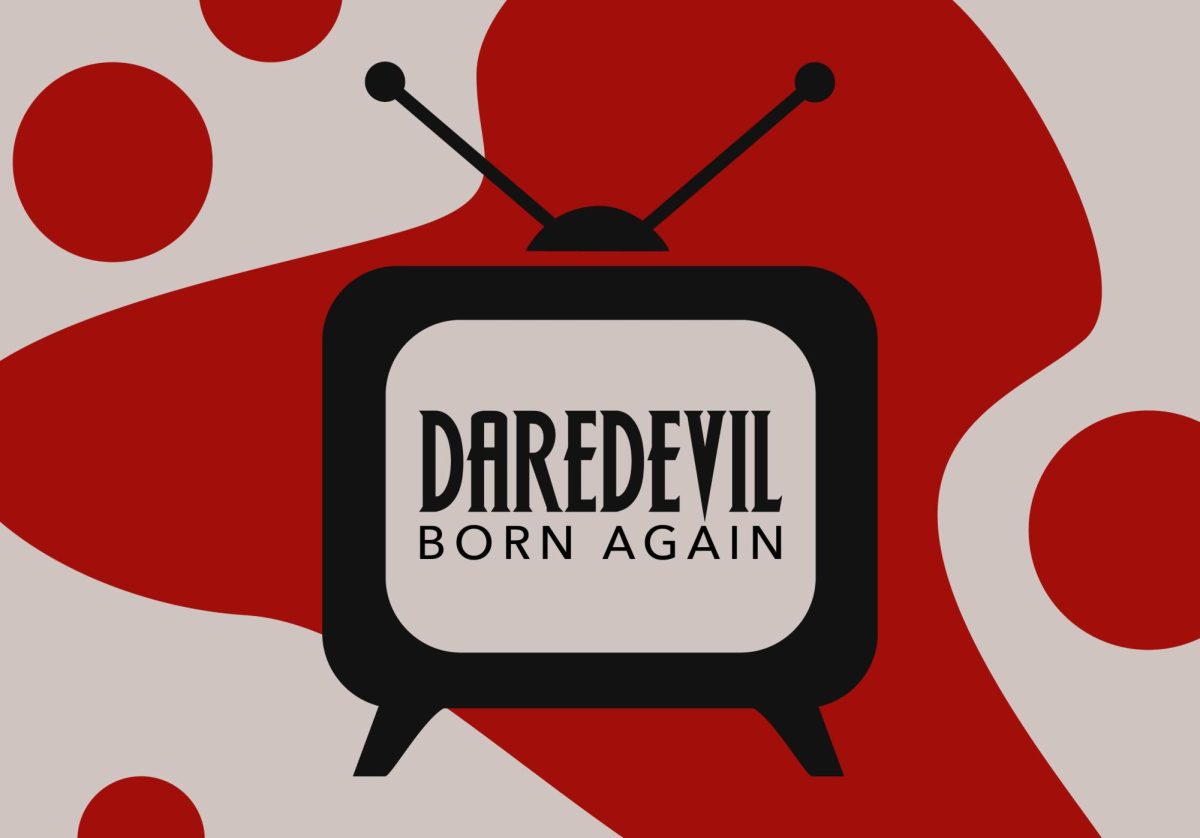I”With sloping masts and dipping prow As who pursued with yell and blow Still treads the shadow of his foe And forward bends his head The ship drove fast, loud roared the blast The southward aye we fled.” – Samuel Taylor Coleridge, “The Rime of the Ancient Mariner.”  t’s a high-stakes chase over the high seas. It’s a struggle between friendship and duty. It’s a risky business to turn a beloved, epic novel series into a movie, but the director of “The Truman Show” and “Dead Poets Society” took the helm of “Master and Commander: The Far Side of the World” after a five-year absence and did an impressive job.
t’s a high-stakes chase over the high seas. It’s a struggle between friendship and duty. It’s a risky business to turn a beloved, epic novel series into a movie, but the director of “The Truman Show” and “Dead Poets Society” took the helm of “Master and Commander: The Far Side of the World” after a five-year absence and did an impressive job.
With a $135 million budget and one of the biggest stars working in movies today, Peter Weir takes his story from two of Patrick O’Brian’s 20 novels about Capt. “Lucky” Jack Aubrey (Russell Crowe), a British officer in charge of the HMS Surprise during the Napoleonic wars.
Aubrey’s mission is to capture the French ship Acheron, a sleeker, larger and better-armed vessel whose sneak attack leaves British morale low. The Acheron appears out of nowhere like a ghost on the prowl, only to slink away again under the cover of fog.
Paul Bettany was Crowe’s imaginary roommate in “A Beautiful Mind,” and this time around he portrays Stephen Maturin, Aubrey’s best friend and the ship’s doctor.
Aubrey and Maturin are often at odds; Maturin, as a naturalist, wants to scour islands for new species, but as soon as Aubrey agrees to stop, a situation arises that requires the utmost haste and leaves no time for discoveries.
Those hoping for a little romance on the high seas will be disappointed; the only females in the movie are shown briefly making eyes at the captain before Aubrey orders his crew to continue.
He’s an honorable man for rejecting passion in order to continue his chase, but a little sex would have added spice to the plot.
A lot of time is spent on developing subplots, and sometimes one wonders where the film is headed. The suspense before the final battle is thick enough to smother the heartiest Able Seaman.
Some of Weir’s editing choices are confusing. An amputation scene after the first battle is prolonged far longer than necessary; the final battle scene is a mass of smoke, cannons, blood and gore with so many camera cuts that it’s dizzying to try to discern which sailors are the valiant Brits and which are the nasty French.
Weir’s attention to detail is remarkable. The footage of the ship from bow to stern, up through the sails and down through the rigging ropes, is incredible; below the deck, the camera seems to shift with the waves that pound the sides of the Surprise.
Crowe is perfectly cast as the iron-fisted-yet-soft-hearted captain who, at one point, must decide whether to sacrifice one of his men to save the rest.
With some slower-paced scenes, “Master and Commander” is the perfect epic for adults, because the film is not action-packed and full of over-the-top special effects. It is almost documentarian in its representation of the cramped quarters of a 19th century ship, and viewers find themselves in the midst of the storms, the battles and the tragedies.
“Swiftly, swiftly flew the ship
Yet she sailed softly too:
Sweetly, sweetly blew the breeze
On me alone it blew.”







